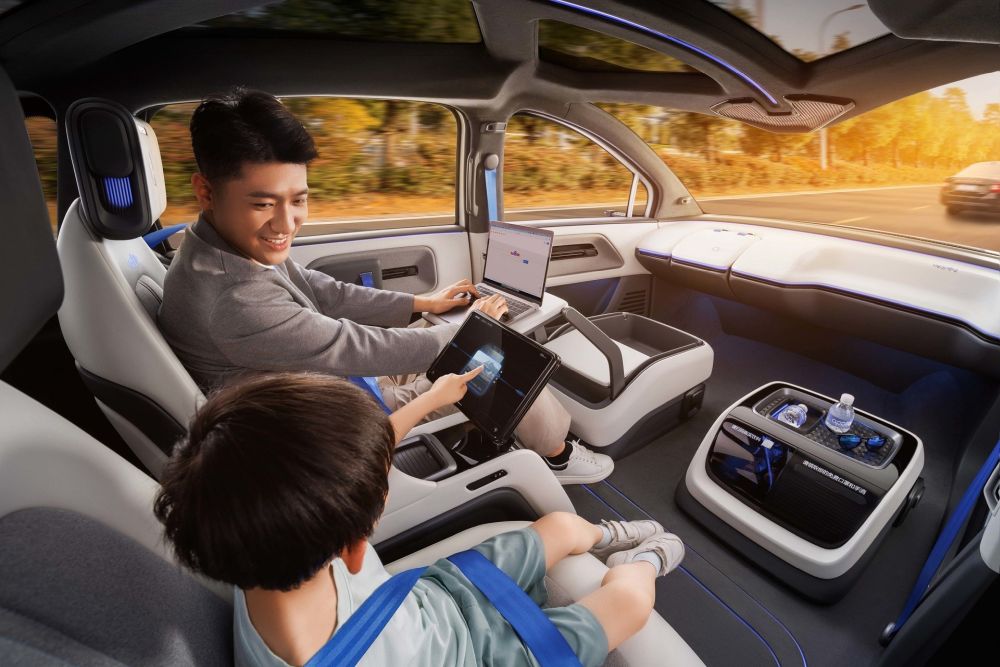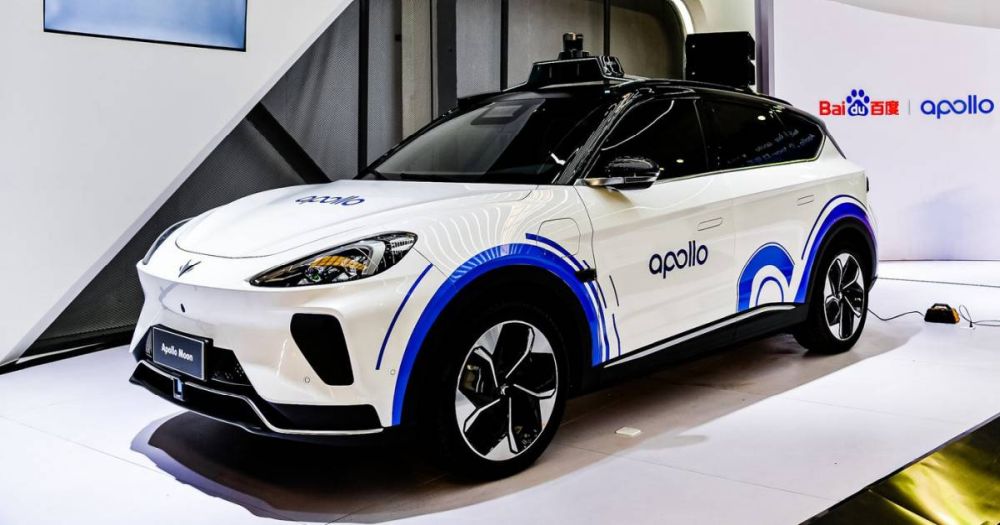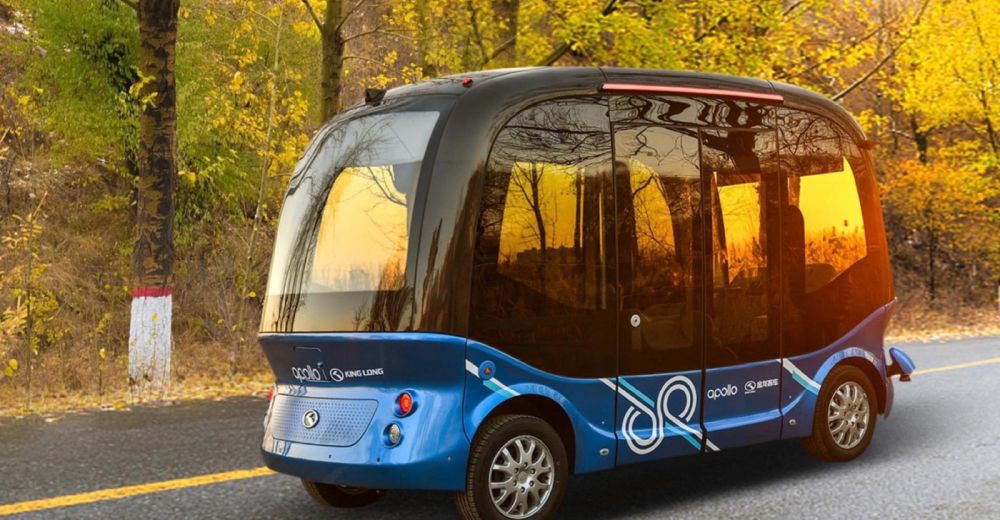Baidu’s Apollo Go robotaxi service has rapidly expanded in China, with significant advancements and widespread adoption. This service, which started in Wuhan, now operates 300 fully autonomous vehicles providing 24-hour rides. The rollout of these robotaxis has been met with both enthusiasm and concern. Customers appreciate the lower costs and the convenience of avoiding interactions with drivers. In Wuhan, for instance, a ride in an Apollo Go robotaxi can be significantly cheaper than a traditional taxi, costing between 4 and 16 yuan compared to 18 to 30 yuan for regular ride-hailing services.

However, the introduction of these autonomous vehicles has not been without issues. The robotaxis have faced backlash from local residents who complain about traffic disruptions caused by the cars driving slowly and stopping unexpectedly. These issues were highlighted when a robotaxi hit a pedestrian, stirring up a heated debate about the safety and impact of autonomous vehicles. Despite these incidents, Baidu’s robotaxi service continues to grow, with the company aiming for profitability by 2025.

The success of Apollo Go has provided a much-needed boost to Baidu’s financial performance, especially given the company’s recent struggles with slow revenue growth. The latest generation of robotaxis costs 60% less to produce than previous models, which has helped Baidu approach break-even for this service. The company’s stock has seen a significant increase, reflecting investor confidence in the potential of autonomous driving technology. Nevertheless, traditional taxi drivers and ride-hailing services are feeling the pressure, as the robotaxis offer cheaper fares and attract a growing customer base.

Baidu’s expansion into the robotaxi market marks a major shift in urban mobility in China. The company’s strategic partnerships and continuous innovation have positioned it as a leader in this field. Despite the challenges, including social media backlash and safety concerns, Baidu remains committed to advancing its autonomous driving technology and expanding its services to other cities. This growth is expected to continue, with plans to introduce 1,000 new robotaxis this year and extend services to additional urban areas.

